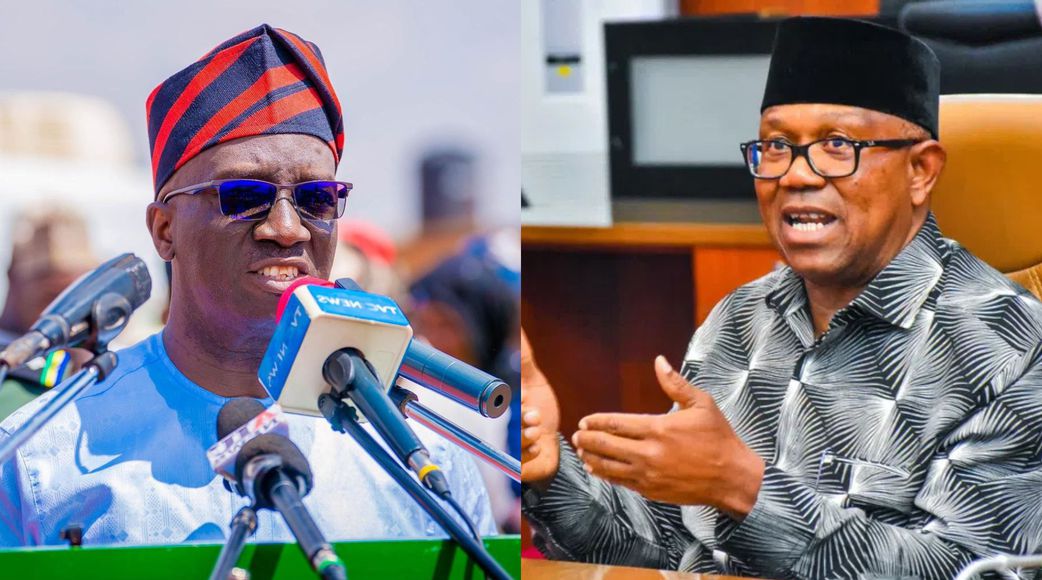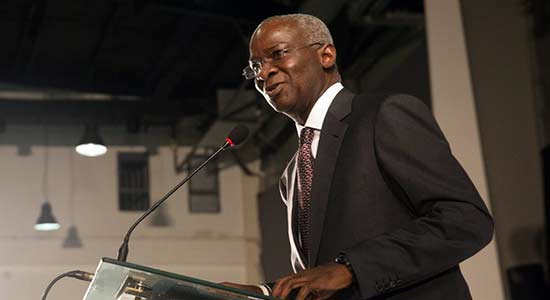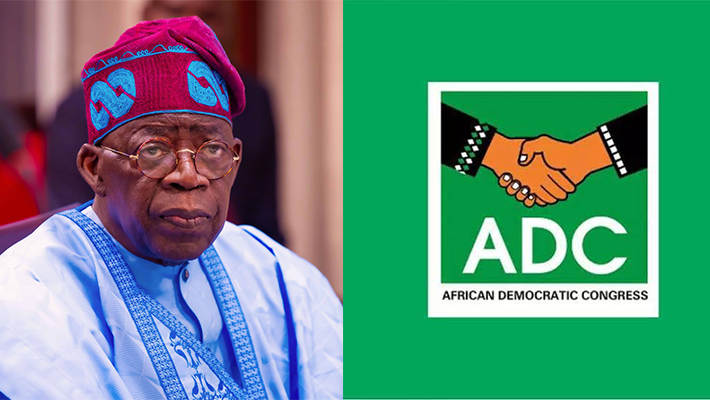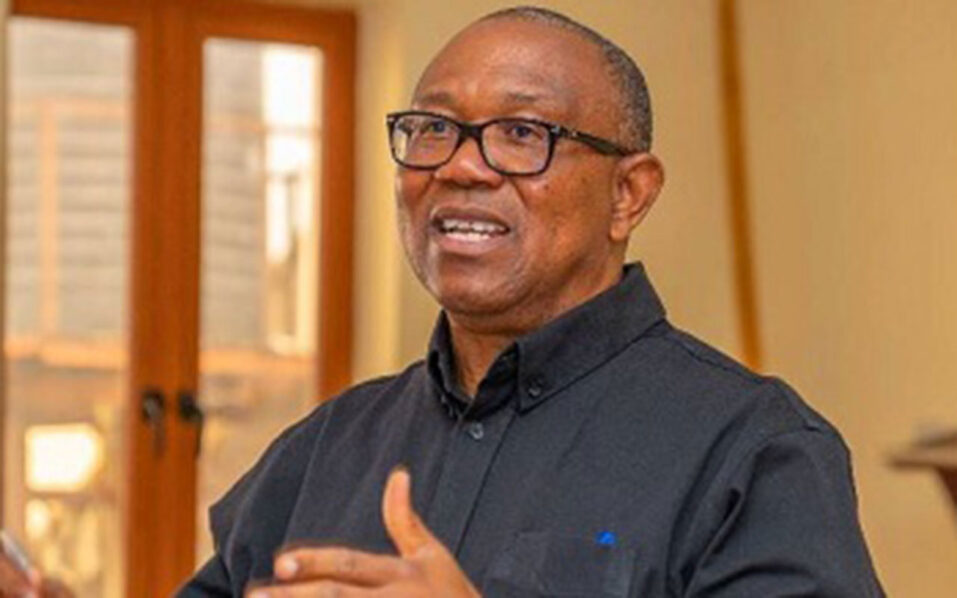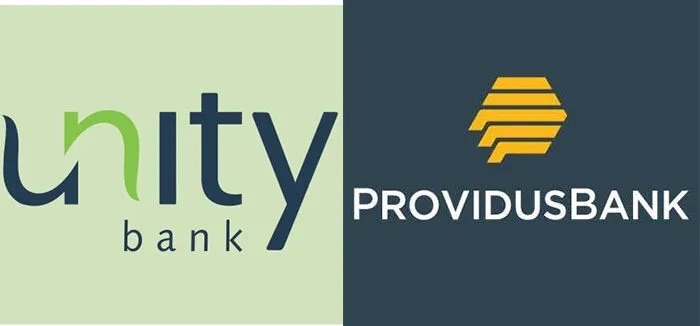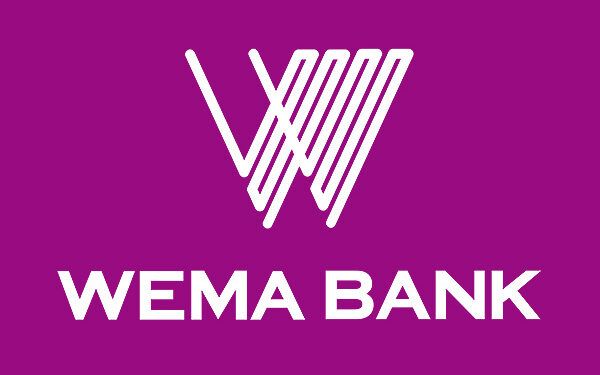The minority investors community has expressed strong support for the recent approval by the Central Bank of Nigeria (CBN) for the merger between Unity Bank Plc and Providus Bank. The CBN, in a statement signed by its Acting Director of Corporate Communications, Hakama Sidi, confirmed the approval on Tuesday, in accordance with Section 42 (2) of the CBN Act, 2007.
The apex bank also announced a N700 billion financial support package for the proposed merger, aimed at bolstering the combined entity’s capital base.
Earlier in June, the CBN had revoked the license of Heritage Bank and appointed the Nigerian Deposit Insurance Corporation as its liquidator, marking a sharp contrast to the support provided for the Unity-Providus merger.
Reacting to the development, Moses Igbrude, National Coordinator of the Independent Shareholders Association of Nigeria (ISAN), acknowledged that while the CBN’s actions might be viewed as controversial, the merger was in the best interest of the banks involved. “The merger of Unity Bank and Providus Bank and the liquidation of Heritage Bank by the CBN are distinct scenarios. Heritage Bank’s systemic failure led to its license being withdrawn, while Unity Bank and Providus Bank chose to combine their businesses proactively. This merger, backed by CBN’s N700 billion support, is a strategic move to avoid the hurdles of recapitalization,” Igbrude stated.
Igbrude further praised the CBN for its role in facilitating the merger, describing it as a positive signal to both domestic and international markets. He advised that transparency and thorough oversight by the CBN would be crucial to the merger’s success.
Bisi Bakare, National Coordinator of the Pragmatic Shareholders Association of Nigeria, echoed Igbrude’s sentiments, emphasizing that comparing Unity Bank with Heritage Bank was misguided. “Unity Bank and Heritage Bank are fundamentally different entities. Unity Bank is a publicly traded company with a robust governance structure, and its challenges are rooted in legacy issues from previous recapitalization exercises,” Bakare explained. She added that the CBN’s decision was based on comprehensive data, and the support for Unity Bank was a calculated move to stabilize the financial sector.
Tony Omojola, the immediate past National Coordinator of ISAN, agreed, noting that Unity Bank’s situation differed from Heritage Bank’s due to Providus Bank’s willingness to merge. “Unity Bank has shown signs of distress, but with Providus Bank stepping in, the scenario is different from that of Heritage Bank. Liquidating another bank so soon after Heritage could have had negative repercussions for the economy,” Omojola observed.
Mathew Akinlade, President of the Noble Shareholders’ Solidarity Association, suggested that the CBN’s decision to approve the merger was a deliberate effort to save Unity Bank from collapse, contrasting it with the handling of Heritage Bank. “Unity Bank seems to be treated as a sacred cow. If the same approach had been applied to Heritage Bank, it might have been saved as well,” Akinlade remarked, calling for greater equity and fairness in the CBN’s future decisions.
In contrast, Eric Akinduro, Chairman of the Ibadan Shareholders Zone, commended the CBN for stabilizing the financial system through the merger. “The CBN’s intervention has helped to prevent further instability in the banking sector. Unity Bank’s loan portfolio is healthier than Heritage’s, and this move reassures investors that the regulator is committed to rescuing financial institutions from total liquidation,” Akinduro concluded.




